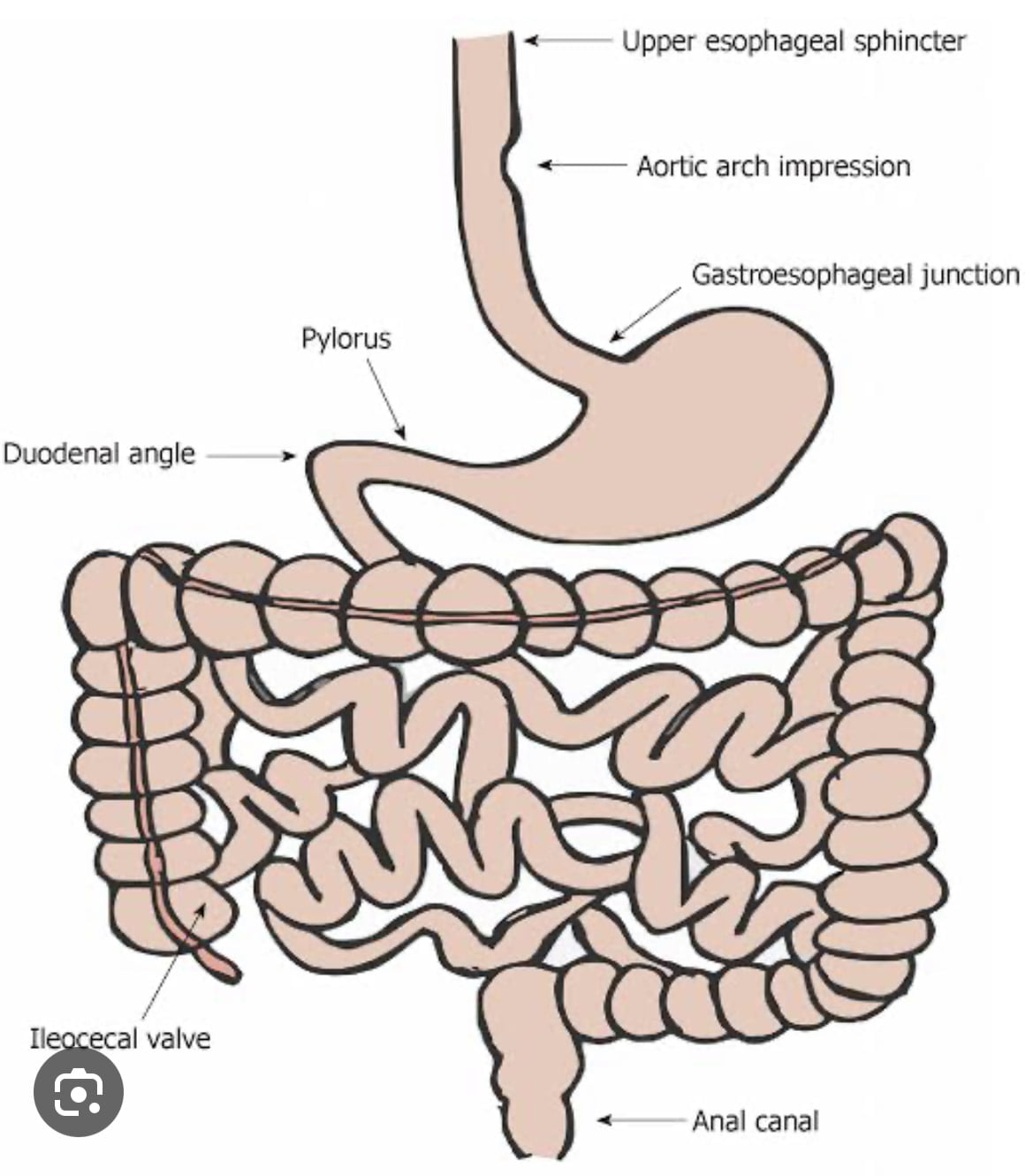
Reading Time: 3 minutes
Foreign Bodies and Small Bowel Obstruction: Causes, Symptoms, and Treatment. Small bowel obstruction is a medical condition where there is a blockage in the small intestine, hindering the passage of food, fluids, and gas. One potential cause of small bowel obstruction is the presence of foreign bodies within the digestive tract. In this article, we will explore the connection between foreign bodies and small bowel obstruction, including their causes, symptoms, diagnosis, and treatment.
Causes of Small Bowel Obstruction due to Foreign Bodies:
- Ingested Objects: Swallowing foreign objects, such as coins, toys, or bones, can lead to small bowel obstruction. These objects can become lodged within the intestine, blocking the normal flow of contents.
- Bezoars: Bezoars are masses formed in the stomach or intestines due to indigestible materials. Trichobezoars, composed of hair, and phytobezoars, made of undigested plant material, can migrate into the small bowel and cause obstructions.
Mechanism of Small Bowel Obstruction by Foreign Body:
Foreign bodies can cause small bowel obstruction in a number of ways:
Mechanical obstruction:
- The most common way that foreign bodies cause small bowel obstruction is by mechanical obstruction. This means that the foreign body physically blocks the passage of food and fluids through the intestine. This can happen if the foreign body is too large to pass through the intestine, or if it gets stuck in a narrow part of the intestine.
Damage to the bowel wall:
- A foreign body can also damage the bowel wall. This can happen if the foreign body is sharp, or if it causes inflammation. Damage to the bowel wall can lead to swelling and narrowing, which can make it difficult for food and fluids to pass through the intestine.
Peritonitis:
- A foreign body can also cause peritonitis, which is inflammation of the lining of the abdomen. Peritonitis can be caused by a number of things, including infection, injury, or rupture of an organ. In the case of foreign bodies, peritonitis can be caused by the perforation of the bowel wall. Peritonitis can cause a number of complications, including small bowel obstruction.
Risk factors for small bowel obstruction caused by foreign bodies:
Age:
- Children under the age of 6 are at increased risk.
Mental illness:
- People with mental illnesses are at increased risk of swallowing foreign bodies.
Dementia:
- People with dementia are also at increased risk of swallowing foreign bodies.
Drug abuse:
- People who abuse drugs are also at increased risk of swallowing foreign bodies
Symptoms of Small Bowel Obstruction:
- Abdominal pain and cramping
- Nausea and vomiting
- Inability to pass gas or have a bowel movement
- Abdominal swelling and distention
- Loud bowel sounds, followed by silence
Diagnosis:
- Physical examination and medical history
- Imaging studies like X-rays, CT scans, or ultrasound to identify the obstruction and potential foreign bodies
- Blood tests to assess electrolyte imbalances or signs of infection
Treatment:
The treatment of small bowel obstruction due to foreign bodies may involve the following approaches:
Observation:
- In some cases, if the foreign body is small and has moved past the point of obstruction, a healthcare provider may choose to observe the patient closely, ensuring that the object passes through the digestive tract naturally.
Endoscopy:
- A procedure called endoscopy may be used to remove certain foreign bodies from the stomach or upper part of the small intestine. This is a minimally invasive technique that can be effective for objects like coins or small bezoars.
Surgery:
- In cases where the obstruction is severe, the foreign body is large, or complications have occurred (such as bowel perforation), surgical intervention is necessary. During surgery, the foreign body is removed, and any damaged tissue is repaired.
When to Consult a Doctor:
If you experience symptoms of small bowel obstruction, it is crucial to seek immediate medical attention. Delayed treatment can lead to severe complications, including bowel ischemia (lack of blood flow), bowel perforation, or infection.
Prevention:
There are a number of things that can be done to prevent small bowel obstruction caused by foreign bodies:
- Keep small objects out of reach of children.
- Supervise children closely when they are eating.
- Avoid putting non-food items in your mouth, such as pens, pencils, and toothpicks.
- Seek help if you think you may have swallowed a foreign body.
Conclusion:
In conclusion, foreign bodies can contribute to small bowel obstruction, a condition that requires prompt medical assessment and intervention. Recognizing the symptoms and seeking timely medical care is vital to ensure a successful outcome.
